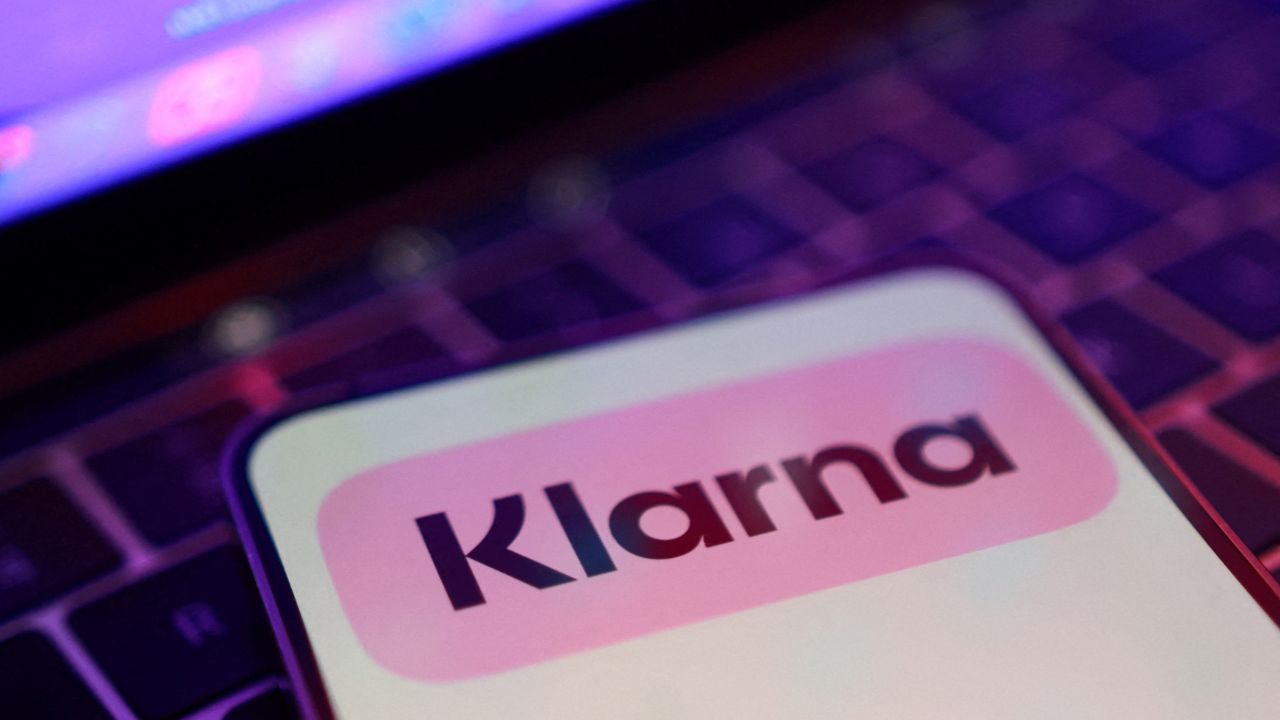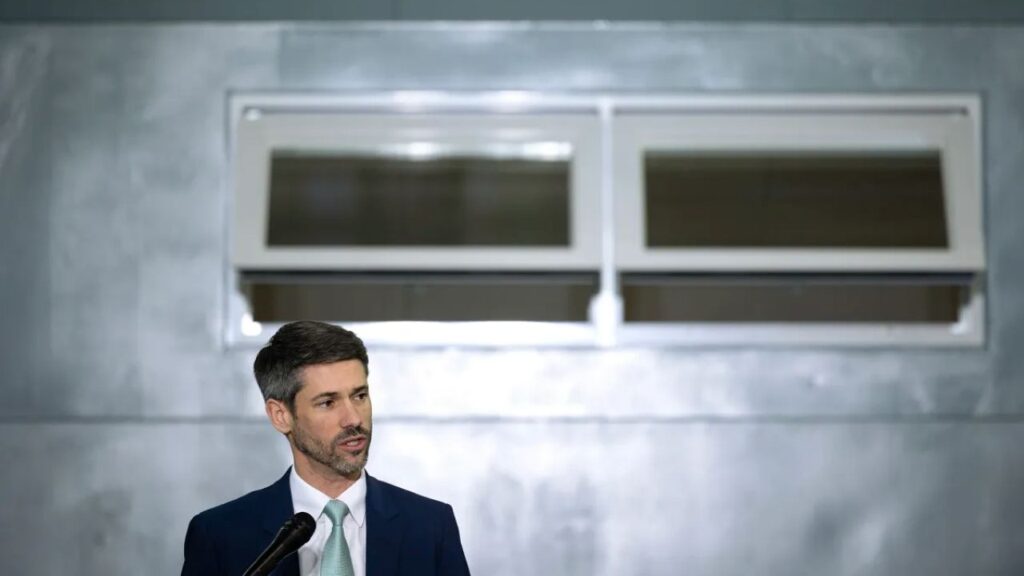Share
|
Getting your Trinity Audio player ready...
|
STOCKHOLM/NEW YORK — After becoming one of the early adopters in Europe of artificial intelligence, Klarna CEO Sebastian Siemiatkowski says the lender may have gone too far in using the technology to cut costs at the expense of service and product improvement.
Global companies are racing to harness AI to help them improve efficiency, lower operational costs and enhance decision-making, but the transition is proving rocky.
Sweden’s buy-now, pay-later lender Klarna has cut thousands of jobs, dropped vendors such as Salesforce Inc and turned to AI to create marketing campaigns, saving millions but now realizing it went too fast, too soon.
“We probably over indexed a little bit on that, and then in the last six months we have been trying to course correct,” CEO Sebastian Siemiatkowski told Reuters from New York on Tuesday.
He added that a major focus was boosting productivity and improving products for customers and merchants. The remarks were cleared for publication on Wednesday ahead of the company’s listing in New York.
Klarna raised $1.37 billion on Tuesday in its U.S. initial public offering, valuing the company at $15 billion and setting the stage for a market debut that could set the trend for high-growth fintech listings.
Siemiatkowski said last year it had reduced staff to 3,800 from 5,000, with more reductions expected as it leans on AI to handle customer queries. Its chatbot was already doing the work of 700 staff, cutting average resolution times to two minutes from 11 minutes, the company said.
In May, Klarna used an AI avatar of Siemiatkowski to present its quarterly earnings. It even started a hotline for customers to talk directly with an interactive AI avatar trained on Siemiatkowski’s real voice, insights and experiences.
The company is now back to hiring people. It has over two dozen open positions on its jobs portal.
Productivity and Growth
Siemiatkowski said although Klarna saved about $2 million by dropping Salesforce software in favor of its AI-built data tools, the savings were insignificant for investors.
“My investors are not going to be cheering, they’re going to look for growth, and they’re going to look to what we offer our customers and how that’s doing,” he said.
Klarna, which transformed online shopping with its short-term financing model, is listing in the U.S. as it is the company’s largest market, where it competes with the likes of Affirm.
The company still thinks AI can deliver.
“That’s definitely not just a cost play… it’s going to be a lot more than that, and it’s going to be able to help us provide better services to consumers and merchants over time.” Klarna Chief Financial Officer Niclas Neglen told Reuters.
Siemiatkowski, who owns about 7% of Klarna, did not sell his shares in the IPO — the biggest for a Swedish company since Spotify. “The IPO matters a lot for employees, for our shareholders. It’s a little bit like a wedding, it’s a big party and then life goes on, and you get kids and other things happen,” he said.
(Reporting by Supantha Mukherjee in Stockholm and Echo Wang in New York; Editing by Kenneth Li, Adam Jourdan and Emelia Sithole-Matarise)


















